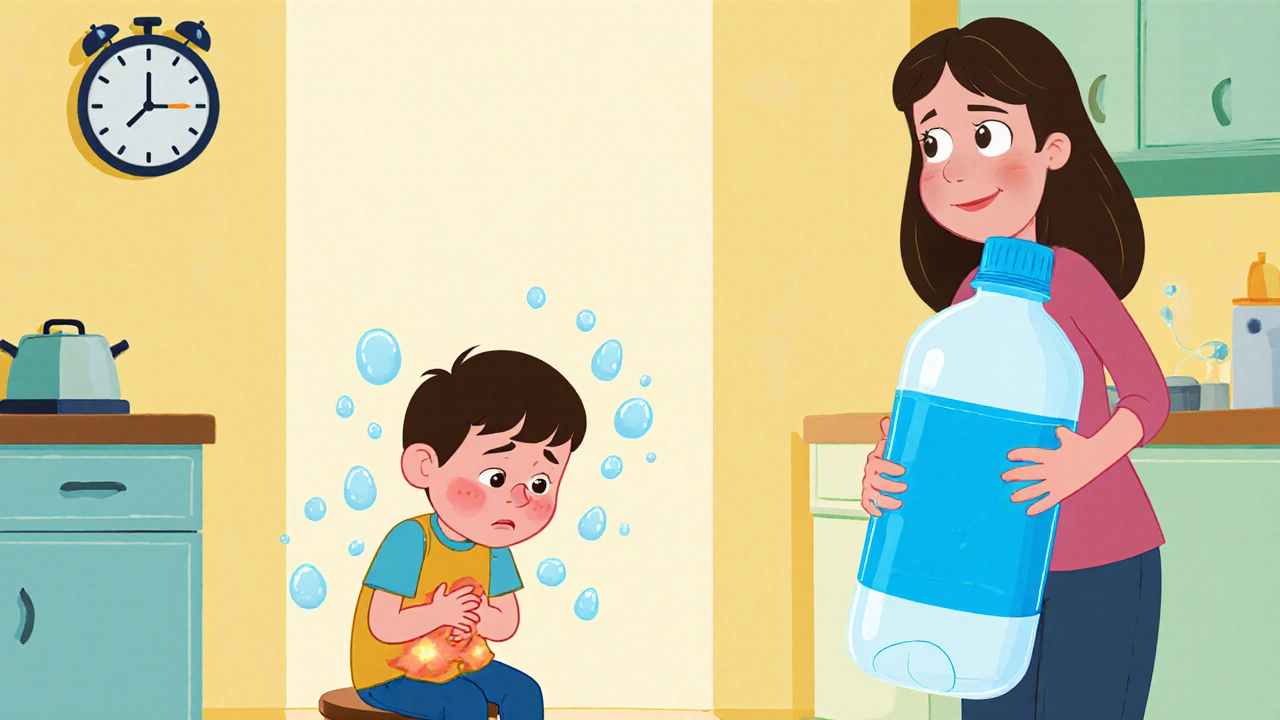Dehydration: Causes, Signs, and How Medications Can Make It Worse
When your body loses more fluid than it takes in, you’re dealing with dehydration, a condition where your body doesn’t have enough water to function properly. Also known as fluid loss, it’s not just about feeling thirsty—it’s about your cells, your blood pressure, and even your kidneys struggling to keep up. You might think it only happens after a long run in the sun, but it can creep up quietly, especially if you’re taking certain meds.
Electrolyte imbalance, a disruption in the levels of sodium, potassium, and other minerals your body needs to regulate fluids often goes hand-in-hand with dehydration. Think of electrolytes like the batteries in your body’s wiring—they help nerves fire, muscles contract, and your heart beat steady. When you sweat too much, pee too often, or vomit, you lose both water and these critical minerals. Some common medications, like diuretics for high blood pressure or laxatives for constipation, can push your body to flush out more fluid than it should. Even antihistamines and some antidepressants can dry you out by reducing sweat and saliva production. And if you’re older, your sense of thirst fades, making it easier to slip into dehydration without noticing.
Heat illness, another related issue, can turn mild dehydration into something dangerous fast. If you’re on meds that affect your body’s ability to cool down—like certain antipsychotics or beta-blockers—you’re at higher risk when temperatures rise. You might feel dizzy, your mouth goes dry, your urine turns dark, or you get muscle cramps. These aren’t just inconveniences. Left untreated, dehydration can lead to kidney stress, low blood pressure, or even hospitalization.
What you’ll find below isn’t just a list of articles. It’s a practical guide to spotting the hidden links between your daily pills and your body’s water balance. From how diuretics work to why some meds make you feel parched even when you’re drinking water, these posts cut through the noise. You’ll learn what to watch for, when to call your doctor, and how to stay safe without giving up your treatment plan.

